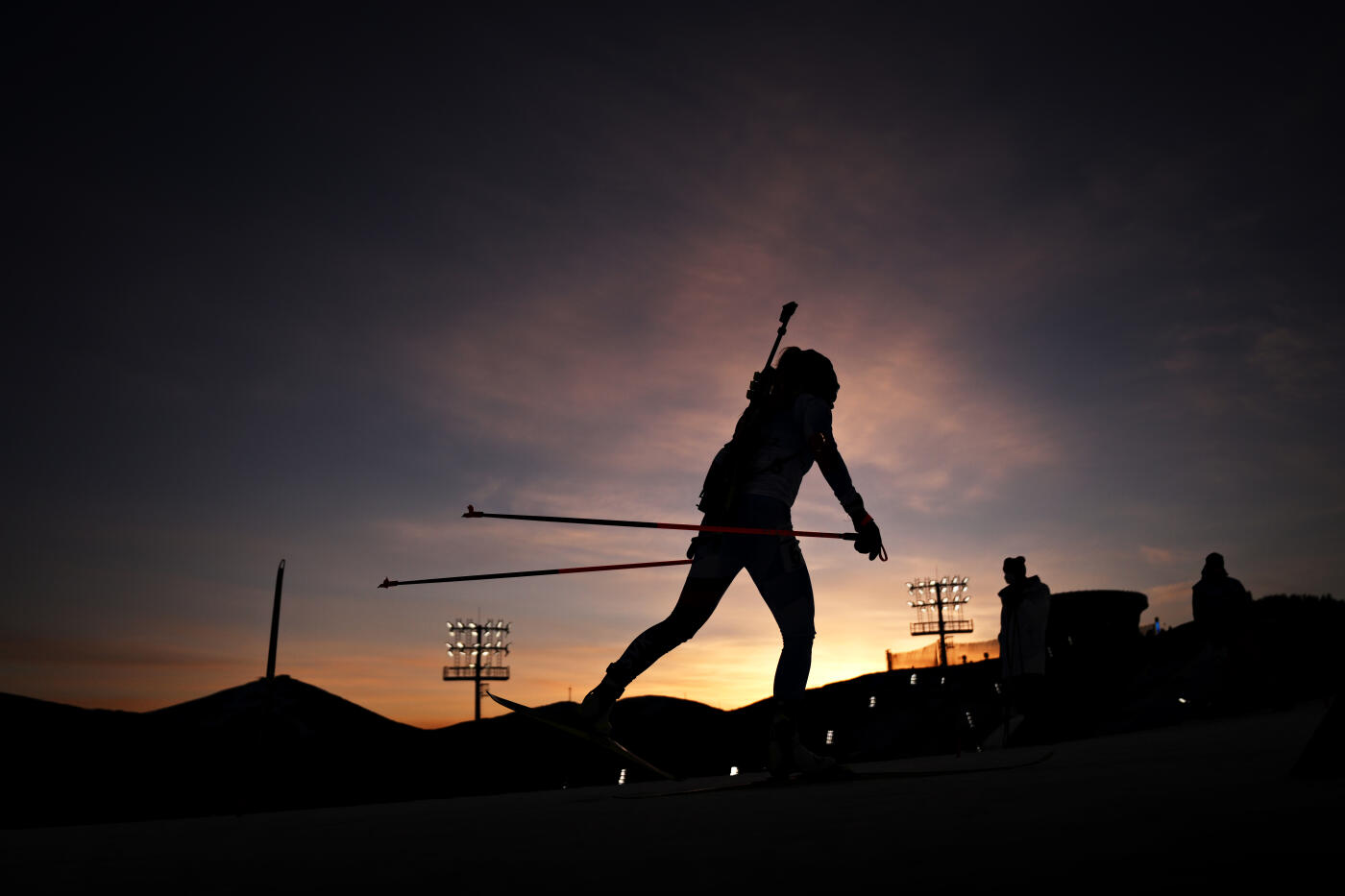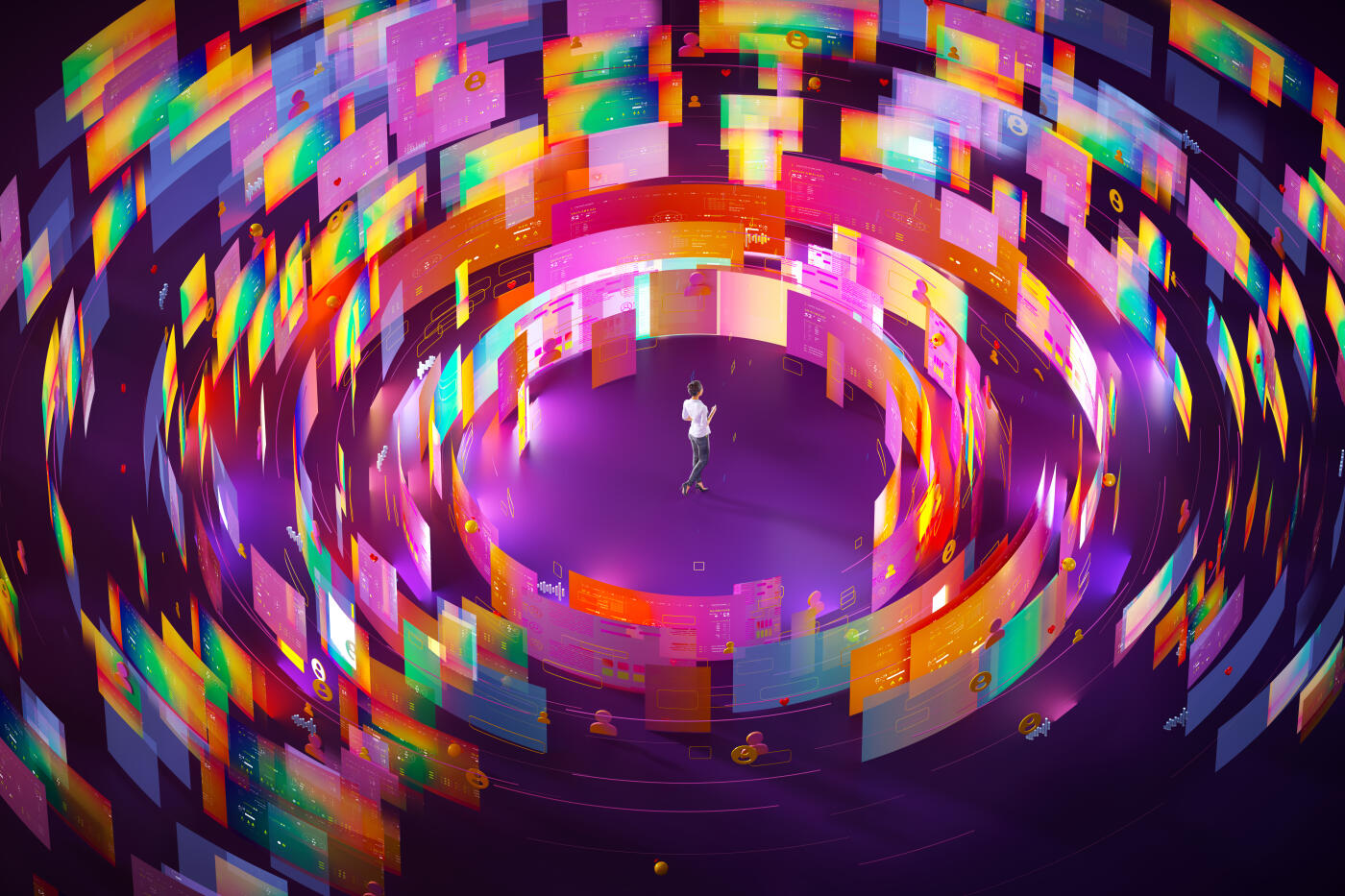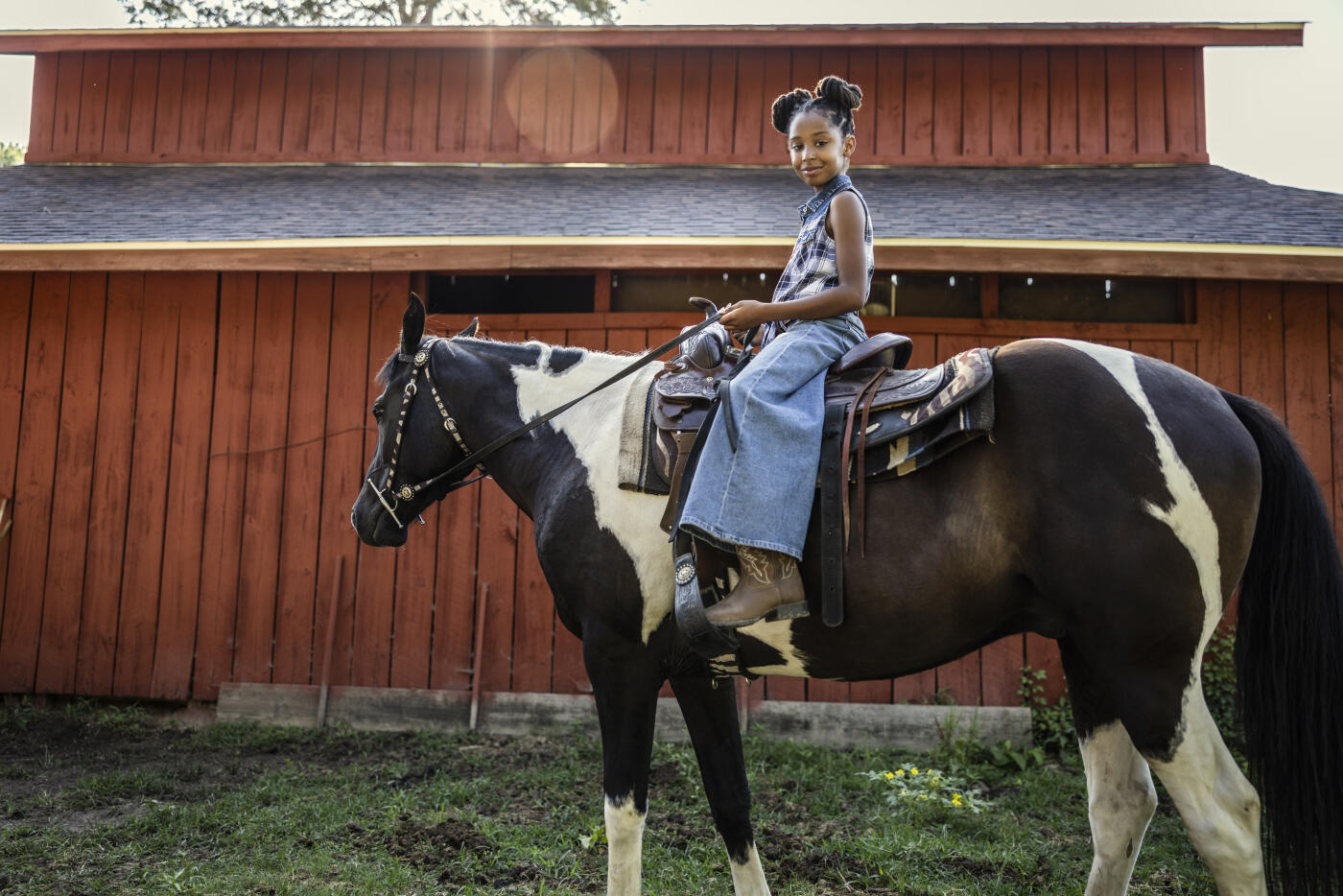Let Black Girls Be Girls campaign launches to raise awareness of the adultification bias of Black girls in the UK
Aug 26, 2024
| PDF

- First‑of‑its kind social impact campaign encourages discussion of Adultification Bias and its impact on Black girls in Britain
- Striking billboard and poster campaign appears across London, Birmingham, Bristol, and Manchester to raise awareness
- Research reveals that Black girls feature in just 0.26% of visuals used in marketing
From Monday 26th August to Sunday 8th September, a billboard and poster campaign will be on display across London, Birmingham, Manchester & Bristol, in partnership with Build Hollywood. The campaign raises awareness of Adultification Bias by pulling out language, prejudices and behaviours of parents, teachers and general society from the perspective of young Black girls.
The billboards juxtaposes this message with positive portrayal of Black girlhood that highlights the innocence and vulnerability Black girls are usually not afforded due to Adultification Bias, as well as the widespread misrepresentation of Black girls in the media. The campaign enlisted Black British female photographers Aicha Thomas and Jade Reynolds‑Hemmings to transform the perception of Black British girlhood through visual storytelling.
Eboni Lamine and Martha Omasoro, the creators behind the campaign, said: “Adultification Bias occurs when adults perceive children from ethnic minority backgrounds as being older or more mature than they are. It is a systemic issue that is unfortunately an inherent part of the Black British and global experiences. With Let Black Girls Be Girls, our goal is to create a campaign that educates society on the deep‑rooted impact of Adultification Bias on Black girls and afford every Black girl the innocence and vulnerability of childhood, not marred by race”.
A study conducted by Georgetown University on Adultification Bias revealed that adults believed Black girls between the ages of 5‑16 years old to be less in need of nurturing, support, and protection, and that they knew more about sex and adult topics. Further research indicated that Adultification Bias seemed to occur most frequently at school and at home, manifesting in language and behaviour from teachers and family members.
Akua Gyamfi, proud mother of one, and the creator of Your Aunties Could Never podcast, said: “My need to protect my young Black daughter from being adultified by people who are charged in helping to shape her future kicked in when she started school.
Having teachers who saw her as ‘just another angry black girl’, who harshly punished her for expected childish mistakes whilst her non black counterparts were treated with grace, care and patience turned me into the ultimate tiger mum. Not my child! I was forced to show up for her so she knew, and her teachers knew that she deserved better.”
Lamine and Omasoro are spearheading the campaign with support from Build Hollywood and Getty Images, who have created the Black Girls in Britain Visual Guidelines to help media, agencies and brands to choose and create visuals that accurately represent Black British identities such as ethnicity, religion, region, body types and age.
Ahead of the launch, Jacqueline Bourke, Senior Director of Creative at Getty Images said: “Findings from our proprietary data and consumer research platform VisualGPS reveals that Black girls feature in only 0.26% of visuals most downloaded by our UK customers ‑ brands, agencies and publishers ‑ and are four times less likely to be represented than white girls. The visuals we see around us, every day, through advertising and the media shape the way we see ourselves and others, and this presents an opportunity to drive more positive and nuanced representations of Black girls in Britain.”
Lamine and Omasoro are also working with Getty Images and the BBC to support emerging and established Black female creators in the UK to produce new visuals which will authentically capture and represent the nuances of Black British girls. By searching #BlackGirls on gettyimages.com and istock.com, the updated BBC Kids Collection will offer advertising agencies and media outlets a broader selection of imagery of Black girls, enabling the development of a positive visual narrative.
To download the Black Girls in Britain visual guidelines visit www.gettyimages.co.uk.
Follow the campaign and join the conversation on Instagram: @letblackgirls #letblackgirls.
Additional Information:
Getty Images research methodology:
- Visual analysis was conducted on the top 50,000 downloads made by UK customers in the last 12 months.
- 0.26% = 130 from 50,000
Getty Images’ Black Girls in Britain visual guidelines:
- The Black Girls in Britain Visual Guidelines is a first‑of‑its‑kind guide for marketers and creatives on how to choose visuals that accurately represent Black British girls, including the different subsections of Black British identities such as ethnicity, religion, region, body types and age.
- Leveraging Getty Images’ proprietary data and consumer research platform, VisualGPS, the guide is designed to serve as a ready‑to‑use roadmap with actionable insights.
- The guide will help customers explore content using keywords including
Black British girls, Caribbean culture, African culture, Black girls, Black multi‑generation family, disability, neurodiverse, African ethnicity, Black community, joy, togetherness, celebration, and sport.
BBC Kids Collection:
- Let Black Girls be Girls is also working with the BBC Kids Collection ‑ an initiative that was originally launched by BBC in 2020 in partnership with Getty Images ‑ to add to its library of authentic imagery and video of children and families across the UK who are currently underrepresented in the media.
- At a Create by Getty Images event in London on 21st September, invited photographers will learn from Getty Images’ award‑winning creative experts, hone their skills and distinctive photographic styles and create high‑quality, premium creative content for their portfolios and to be available for licensing via the BBC Kids Collection on gettyimages.com.
- Seed funding from the BBC will be provided to all participating photographers to assist in the creation of content.
Image credit: Jade Reynolds Hemmings






